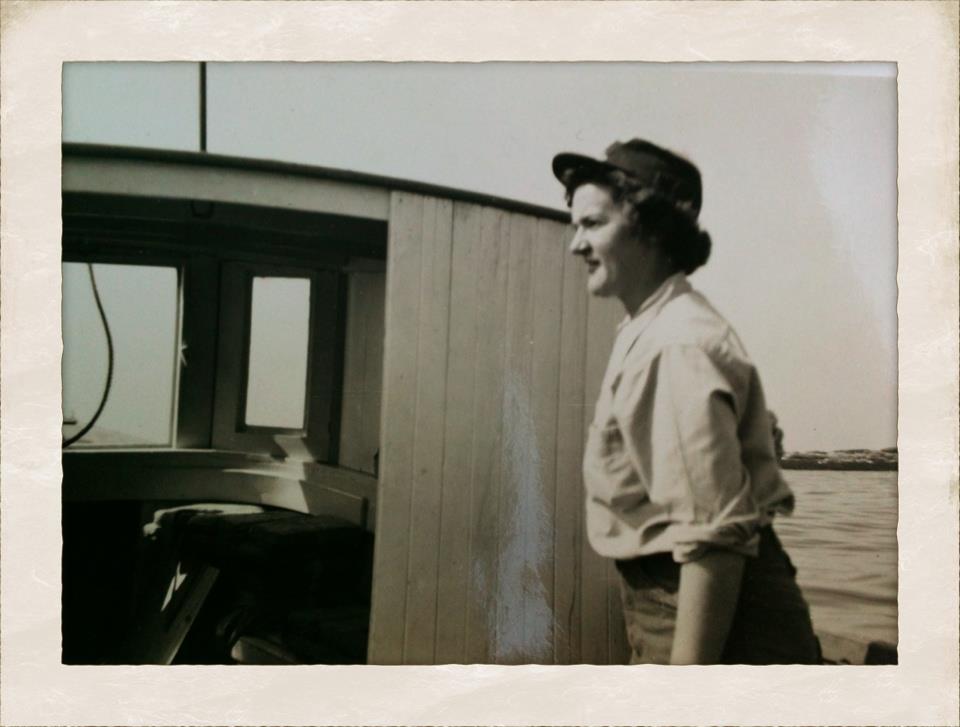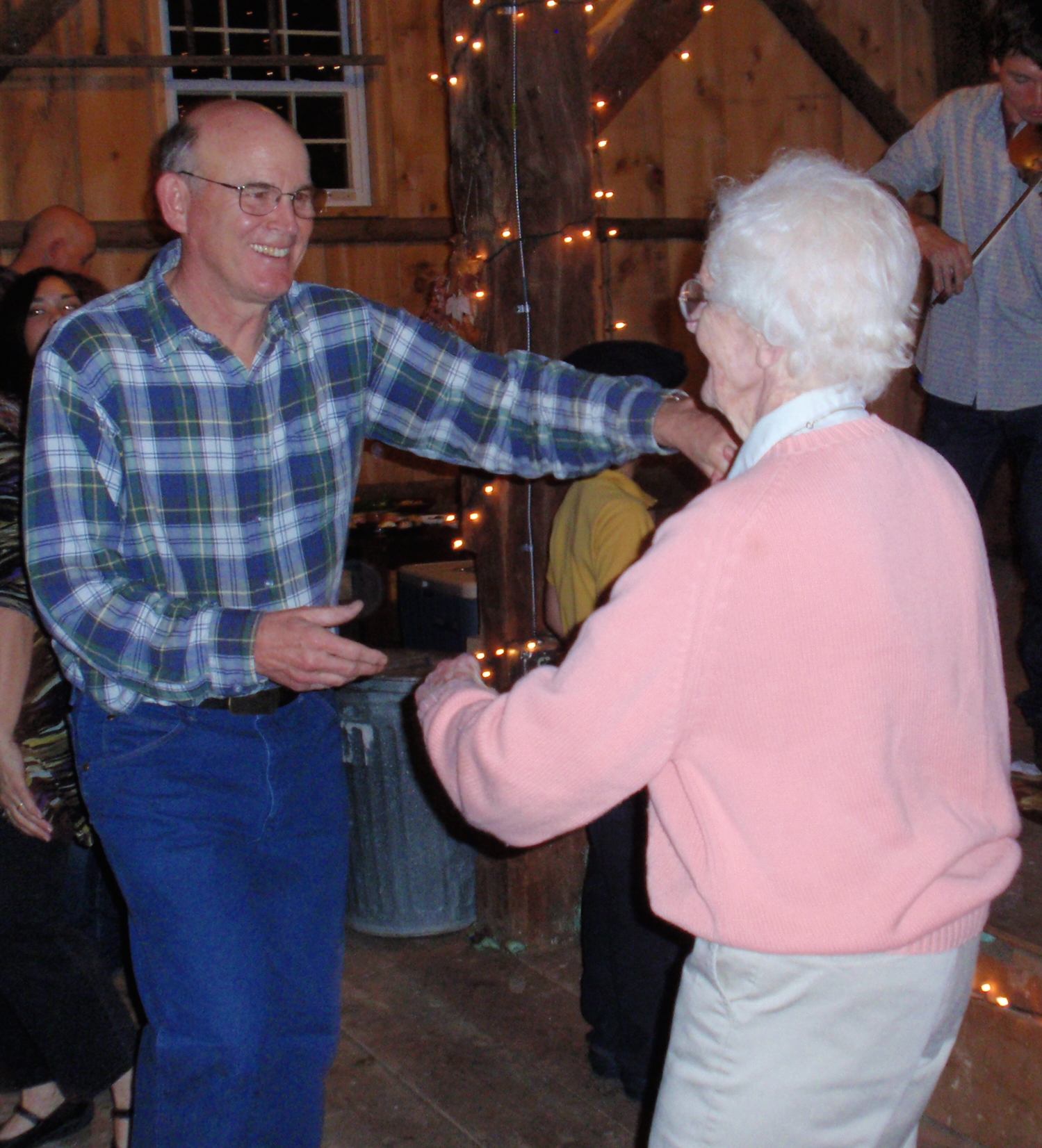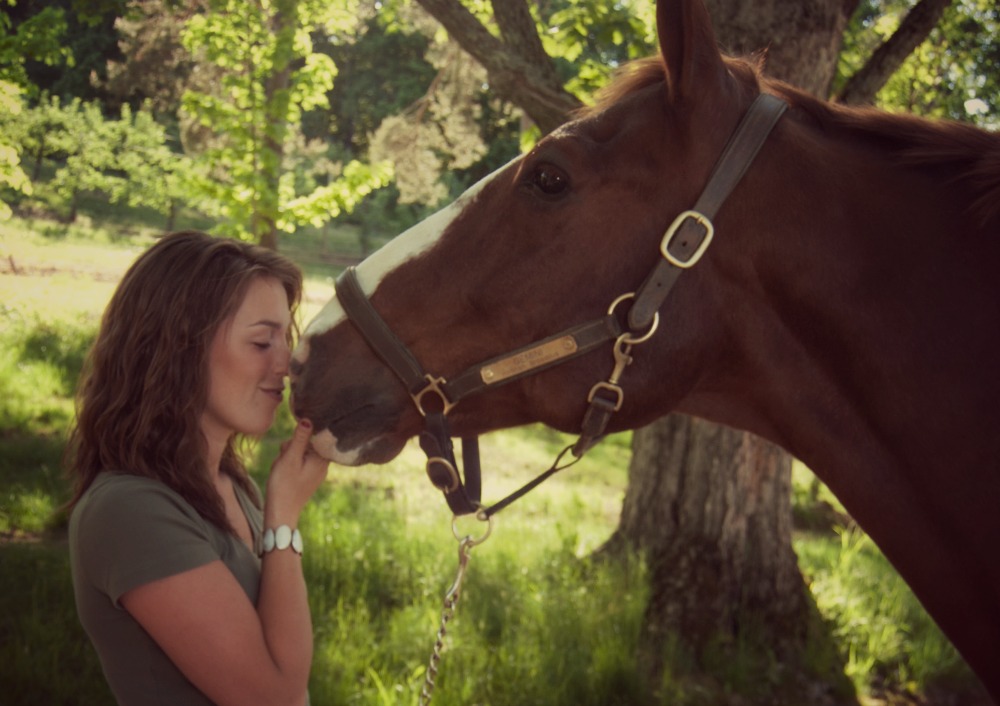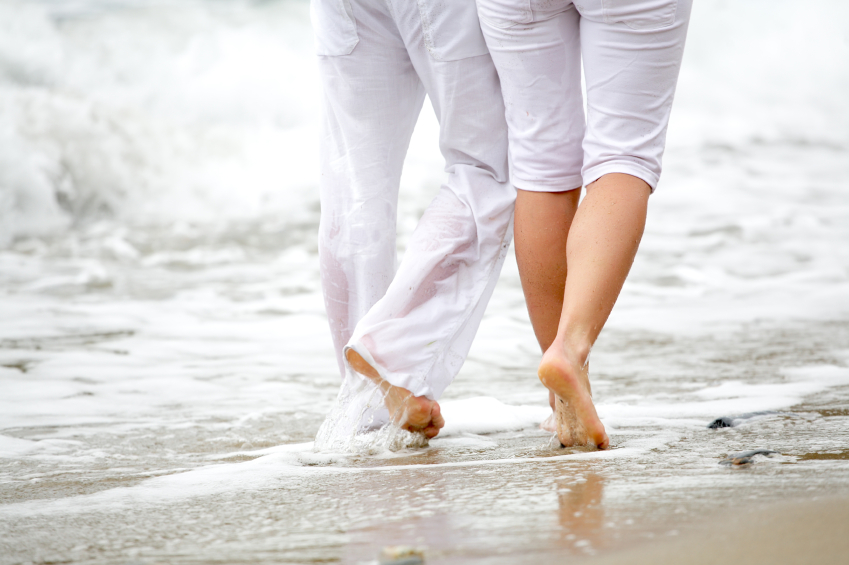One of my goals for the year of 2015 was to ride more. Actually, I know goals are supposed to be specific, so I put it like this: “Ride 2-3 times per week, because it makes me happy and grounded”.
Happy and grounded? Interesting way of putting it. Of all the things that I could have focused on as the reason behind why I should be riding (moving around, getting exercise, taking care of a horse who needs to be ridden, just to name a few), doing something that makes me happy and grounded was what was the most important to me. To put it another way, my goal was: “ride more, because it keeps me emotionally healthy“.
Physical health is a great thing that we get from riding. But in my opinion, the emotional health that we gain is far more important– and harder to get from other types of exercise. We can hike, we can go to a workout class, we can go for a run. Those things all keep us physically healthy, right? But horses… they give you something much more impactful. They give you peace. They give you emotional health.
Let me ask you a question. What do you feel like when you leave the barn? Next time you’re there, I want you to take notice of this feeling.
Here’s what I feel like…
“… Aaahhhh.” A big sigh. And then some deep breaths. And then everything is quiet. And my mind is finally still.
Being with horses is like a big sigh of relief. Like a weight has come off my shoulders, and I feel like I can breathe again. It’s funny, whenever I pull up at the barn, I don’t feel bad. I don’t feel like I can’t breathe. But I always notice a positive difference when I leave, in comparison to before.
Dan Fries of The Jodpurs Company recently emailed me with the infographic below, and I found it so true. It’s all about how horses make us healthier, and interestingly enough, much of the health relates to emotional health — not physical.
Here’s some of the best reasons that horses make us healthier:
Increased Empathy
Horses allow us to be a part of something — we’re a vital half of a partnership. A partnership where you both learn and grow, and you’re in it together. This feeling, the feeling of being “in it together” is what Simon Sinek says is a result of a release of oxytocin in your brain. This chemical is actually what creates intimacy and trust between two beings, working together towards one end goal. It’s the feeling that someone will protect you. PS- you can read more about this in his (spectacular) book Leaders Eat Last.
Reduced Stress
Riding reduces your stress hormones, so says a Washington State University research study. They tested and compared the stress hormones of 2 groups of children: one group worked with horses just an hour and a half each week, and one group did not. The group that worked with horses had significantly lower levels of stress hormones.
Lower stress levels help prevent weight gain, and can ward of future mental health issues.
Rider’s High
Do you ever get that feeling 2/3 of the way into a ride where everything is just great? You’re cantering along, and you think, I could do this for dayyyys. Your horses is loose and warmed up, you’re relaxed and responsive to him. And you’re both just chugging along, enjoying the ride. (I used to think of this as my “cantering brain” — I’d dream of cantering in my sleep, and it always felt like this moment in the ride.)
Guess what this moment is? It’s a rider’s high, just like a runner’s high. The feeling of being able to go on forever, because you’re enjoying it so much. In your brain’s world, it’s actually a release of endorphins and seratonin, the same “happy” chemical your brain gets when it does any sort of exercise.
Increased Strength
The strength you get from riding has always been somewhat interesting to me– it’s different strength that you might get from lifting weights, because instead of building muscle by moving heavy things, you’re building muscle by trying to stay as still and relaxed as possible. Completely opposite.
When you are pushed 1/4″ to the right of your center of gravity, your leg and core muscles have to immediately tense in a few different tiny spots to pull yourself back into balance, and then you have to relax. At the same time, you’ve already been pushed 1″ forward during the stride, and your body is keeping you still in the saddle. It’s this dynamic motion of tiny muscles constantly tensing and relaxing.
This constant web of muscle interaction is what keeps great riders looking completely still and utterly quiet even when the horse has huge movements underneath them.
Improved Self Esteem
I’ve said this one before, and I’ll say it again. Horses make us feel good. They make us feel good about ourselves and our life. They make us realize that we can take on the world. We’re responsible to keep them happy and healthy, and when you succeed in that, it feels good. Plus, your little girls (and boys) are controlling an animal that is 10x their size. It’s all very empowering.
When 7 out of 10 girls don’t think they measure up to other girls their age (we’ll address this issue another time, because it surely is an issue), any boost in healthy self esteem is helpful and worthwhile.
PTSD Recovery
Equine therapy is a real thing, and is used to help with both physical and mental issues. Just being around horses can help you achieve more emotional balance. But did you know that veterans often use equine therapy as a way to reduce PTSD, depression, anxiety, and other mental illnesses?
Calories Burned
Last but not least, of course there are physical health benefits! I love this example below, because it shows you how many calories you burn when you ride. No, it’s not as much as you might burn in an hour of running… But your riding time is not going to waste — you’re burning a lot of calories, so it’s not just exercise for the horse.
You can count on burning about 400 calories per ride, when you do an average of 20 minutes of walking, 20 minutes of trotting and 20 minutes of cantering.
So go out and tell your non-horsey friends once again, “No, we’re not just sitting there!”
Tell me in the comments below, what do you think it is about horses that makes you a healthier person?




